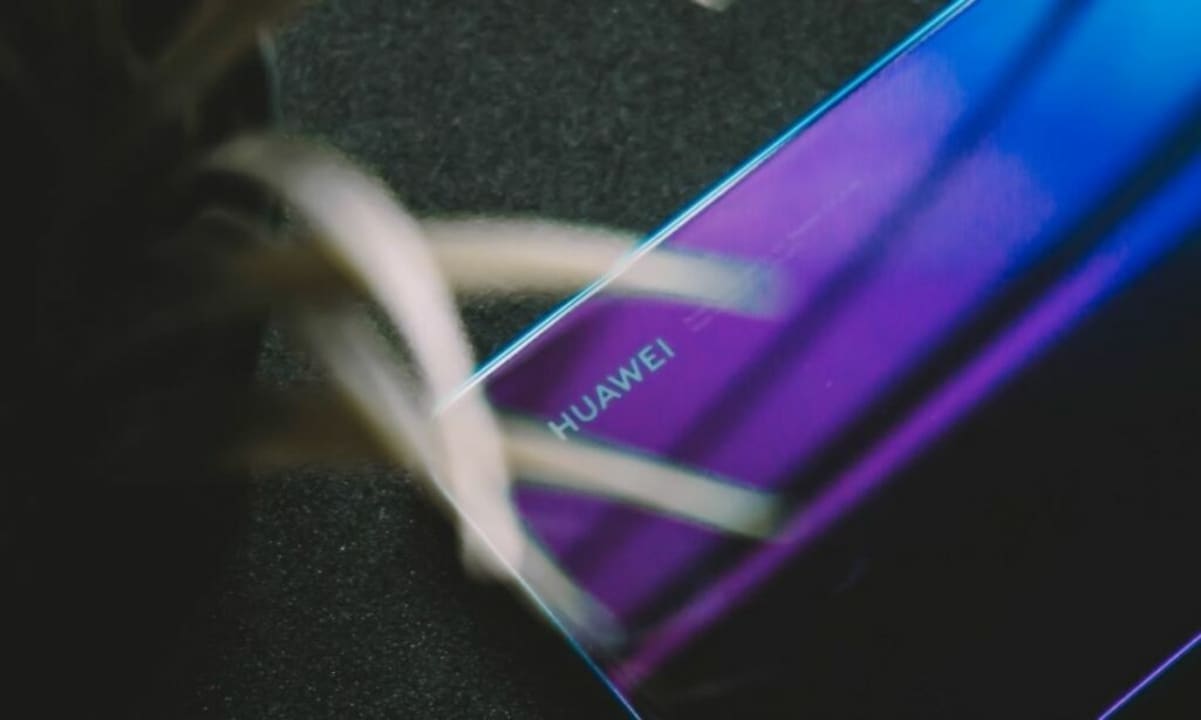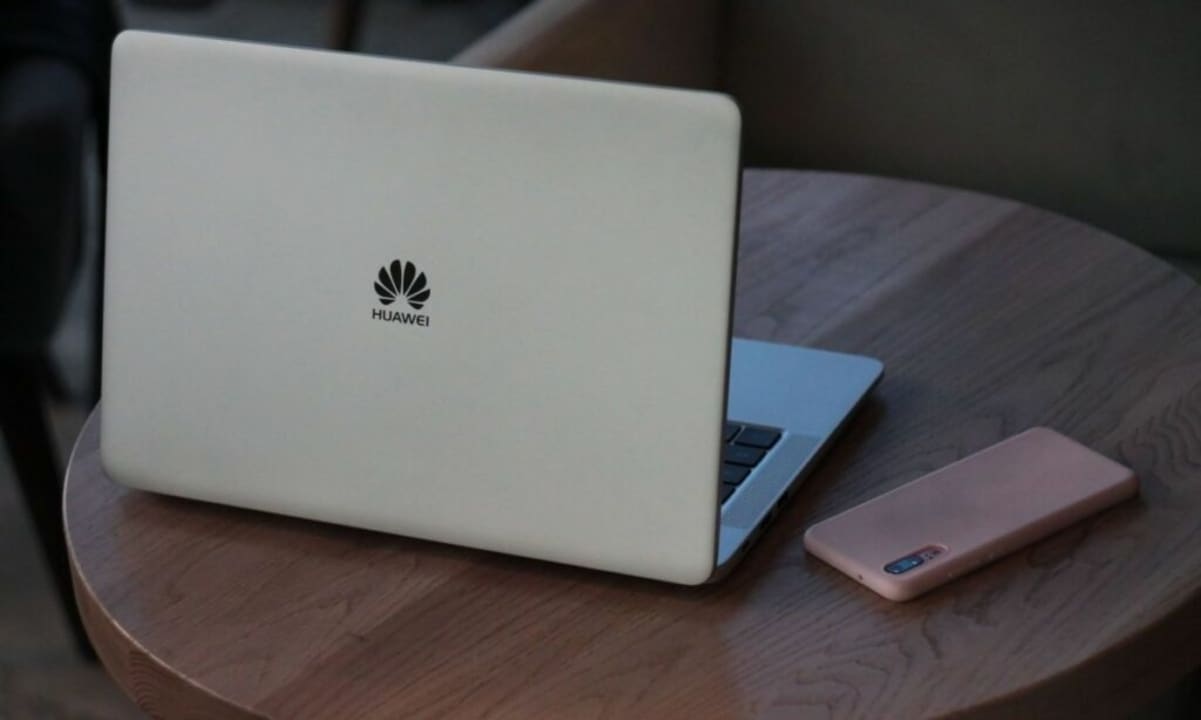Wang Chenglu, who previously worked as President of the Consumer BG Software Engineering Department, revealed that HarmonyOS PC is in the works. Huawei wants to take the crown off of Microsoft’s head.
According to a surprising allegation, the world of personal computing is about to get a new operating system called HarmonyOS PC from Huawei, which has tech enthusiasts on the edge of their seats. This bold step enthuses those who love Huawei and are interested in the newest technological advancements.
Wang Chenglu, a well-known person in Huawei’s software industry, is the spark behind this historic transition. Wang Chenglu has a long experience with Huawei and has held important positions such as President of the Consumer BG Software Engineering Department and Director of the AI and All-scenario Intelligence Business Unit. He also developed the ground-breaking HarmonyOS and made significant contributions to the creation of EMUI.
The fact that Wang Chenglu left Huawei last year to lead the development of HarmonyOS technology at Kaihong Digital, a business specializing in IoT operating systems, shows a genuine dedication to uncovering the enormous potential of HarmonyOS.
While concrete details regarding the release date of HarmonyOS for PCs remain elusive, and the question of whether Huawei or the open-source community will be at the helm lingers, the horizon of 2023 appears promising, casting a hopeful light on this eagerly awaited development.

HarmonyOS PC comes after all the other devices you can imagine
Let’s rewind a bit. Back in 2019, HarmonyOS made its debut as a versatile operating system that could handle all sorts of devices. It’s like the Swiss Army knife of operating systems, with its multi-device, multi-framework architecture that lets you use it smoothly across different gadgets.
It started out on smart TVs but quickly spread its wings to smartphones, tablets, smartwatches, and even smart vehicles. People loved how it made their tech life simpler.
In 2021, Huawei kicked things up a notch. They went all out to make HarmonyOS even better and started offering an open-source version called OpenHarmony, opening the door to more innovation.
But here’s the twist – Huawei didn’t bring HarmonyOS to its MateBook laptops. Why? Well, they still had Windows in their back pocket, and they weren’t ready to say goodbye yet. So, Huawei laptops continued to rock Windows.

Windows is the sole leader
In the world of operating systems, where you’ve got Android, iOS, macOS, ChromeOS, Linux, and more, Windows stands tall as the second most popular OS, right behind Android. As of April 2023, Windows claimed a hefty 28.29% market share, sandwiched between Android and iOS.
When it comes to strategy, Huawei might take a page from its smartphone playbook. They could start by launching HarmonyOS for PCs in China before taking it global, just like they did with their smartphones, where they smoothly transitioned over 100 Android models to HarmonyOS.
But the real test? It’s whether HarmonyOS can win hearts and minds outside China, where folks are used to Windows and macOS ruling the roost.
Now, there’s a juicy tidbit about a possible Microsoft move – they might be brewing up something called “Windows 12.” If Huawei goes ahead with HarmonyOS for PCs, we’re in for an exciting showdown between HarmonyOS and Windows 12. Early reports suggest HarmonyOS runs like a dream on an HP notebook, with developers going the extra mile to ensure it works with all sorts of hardware.


